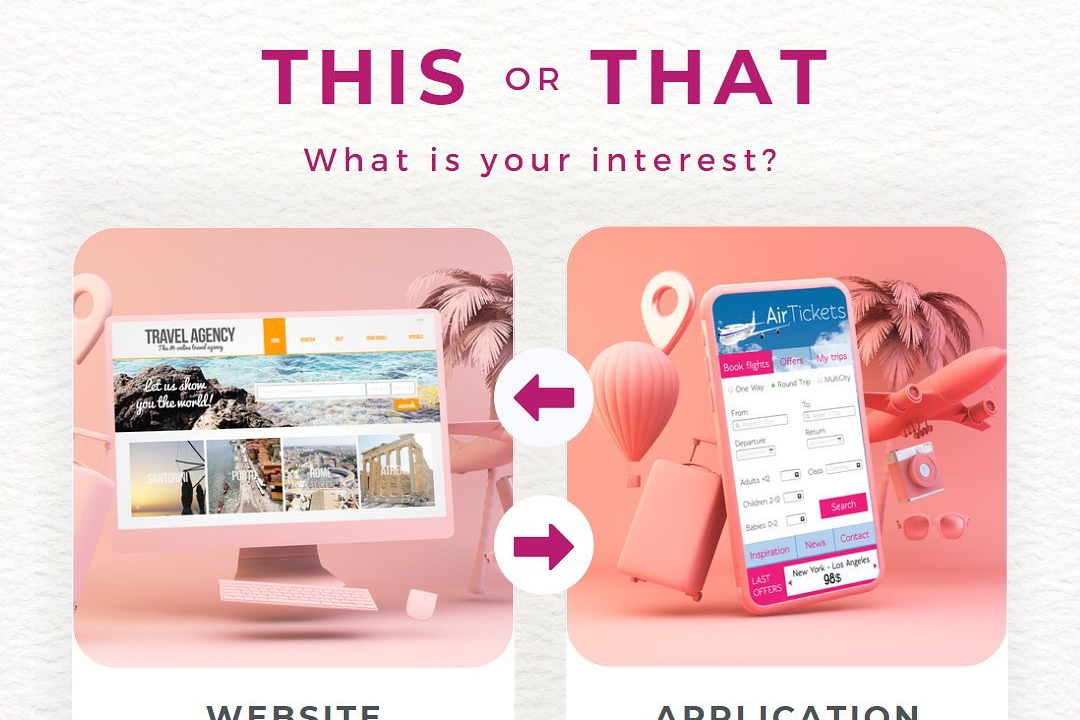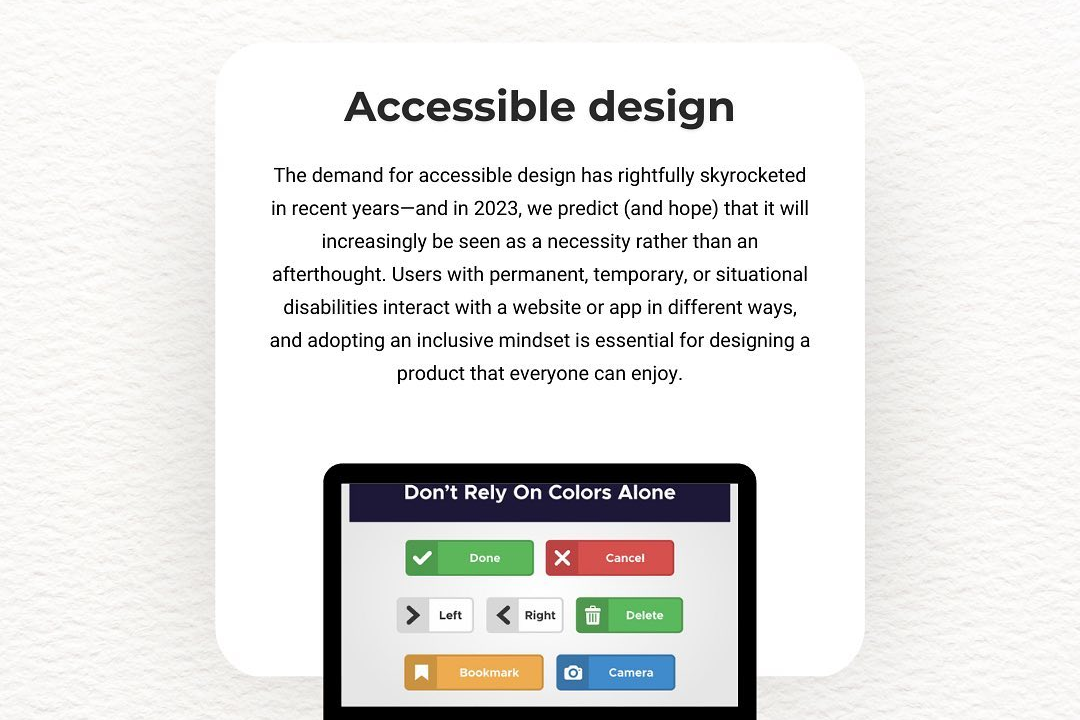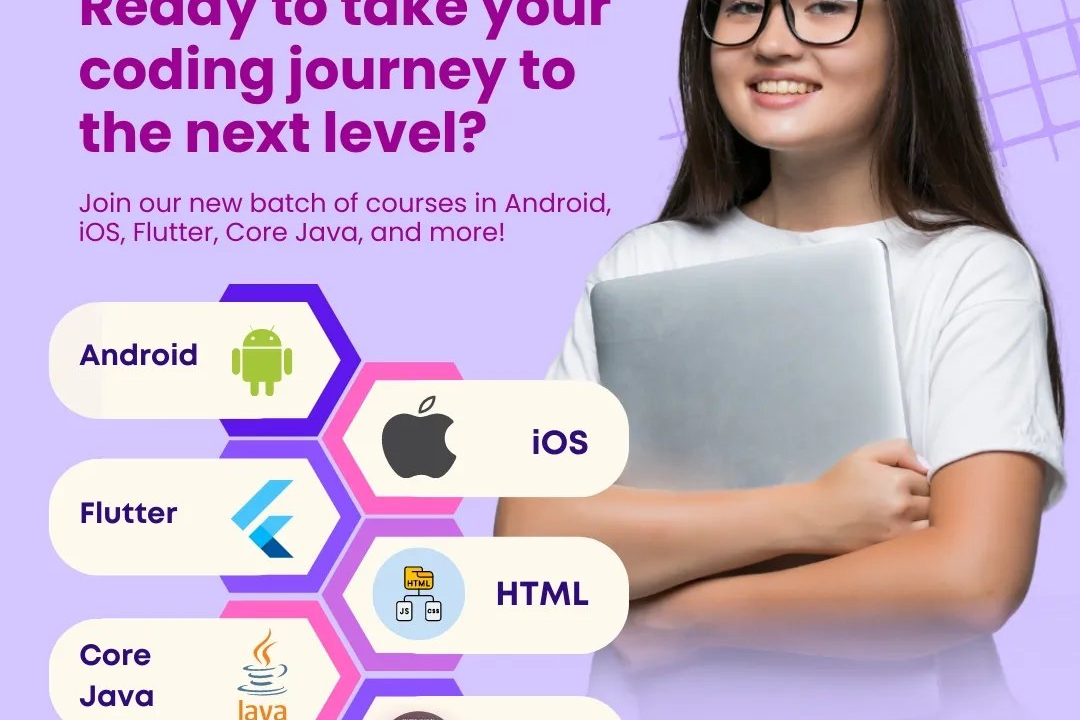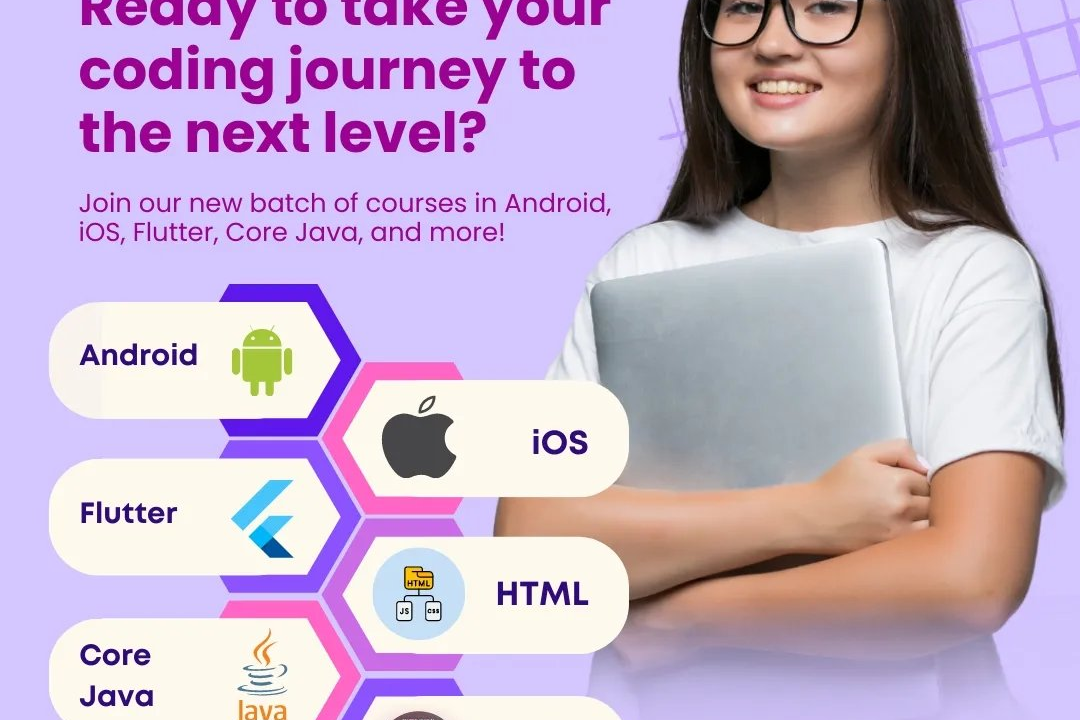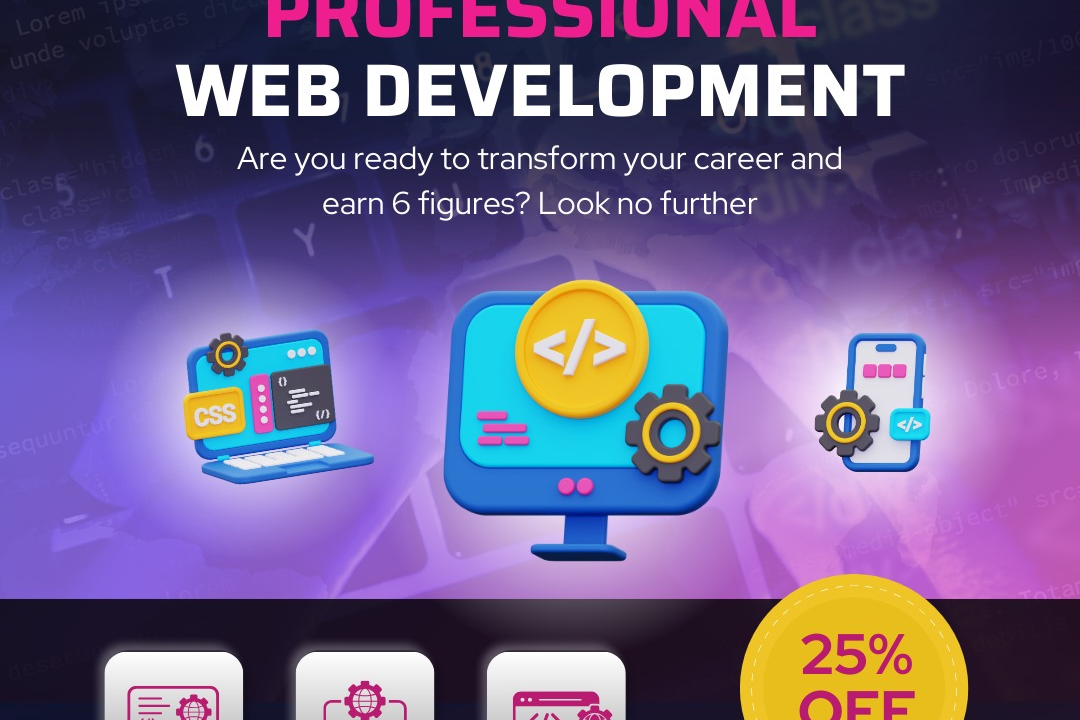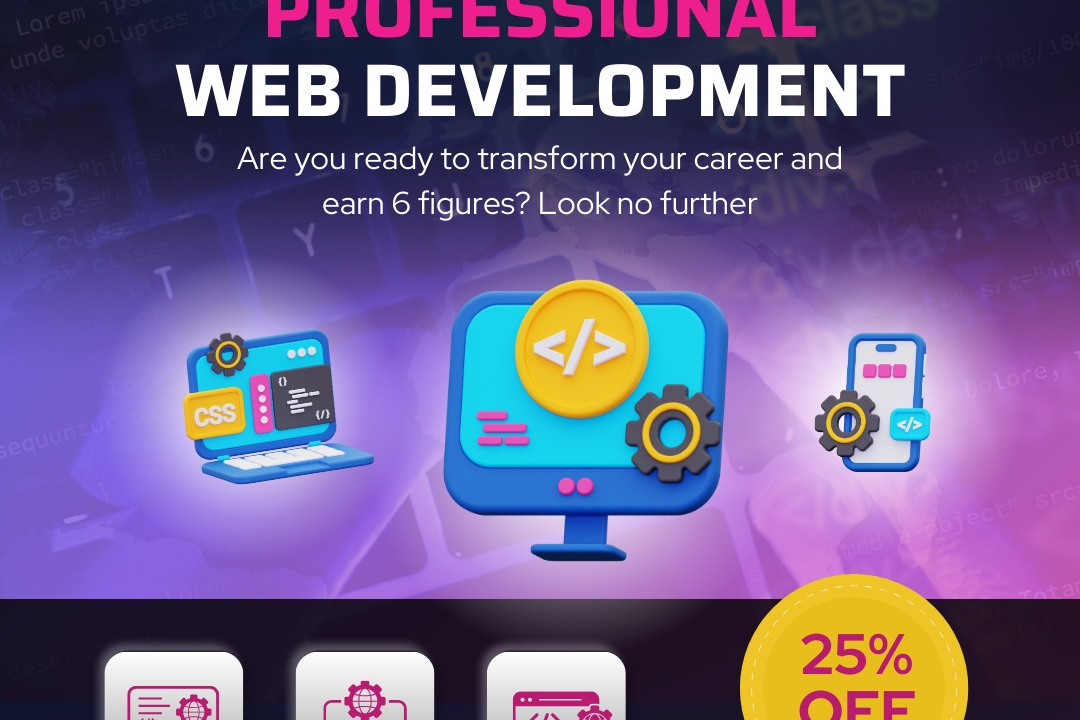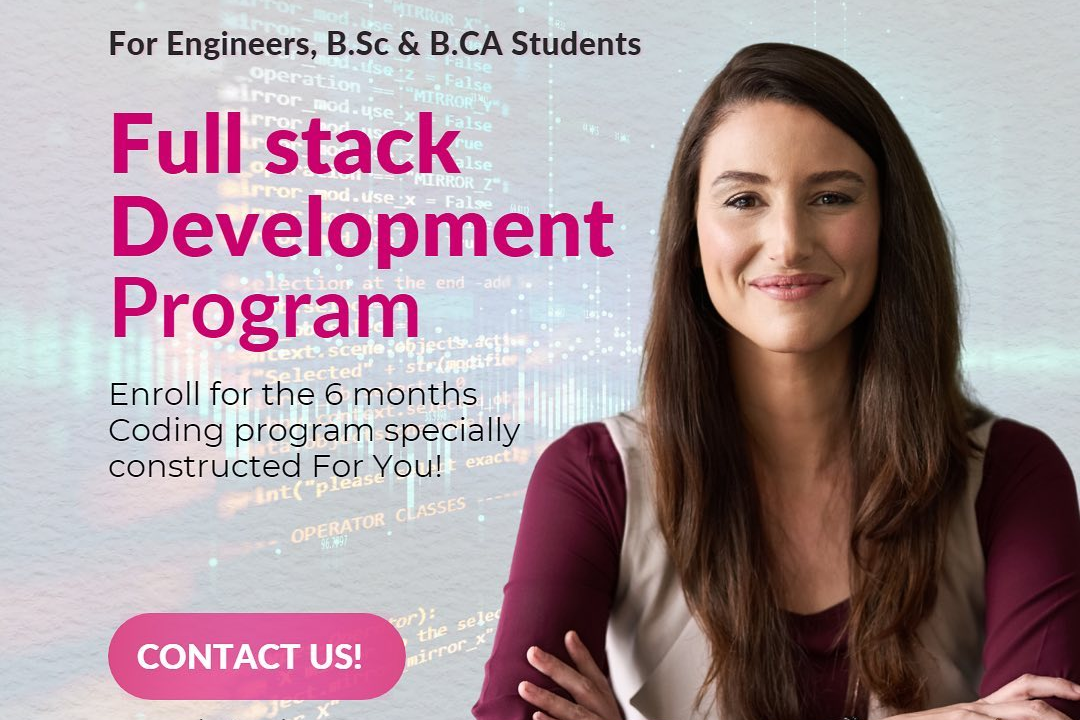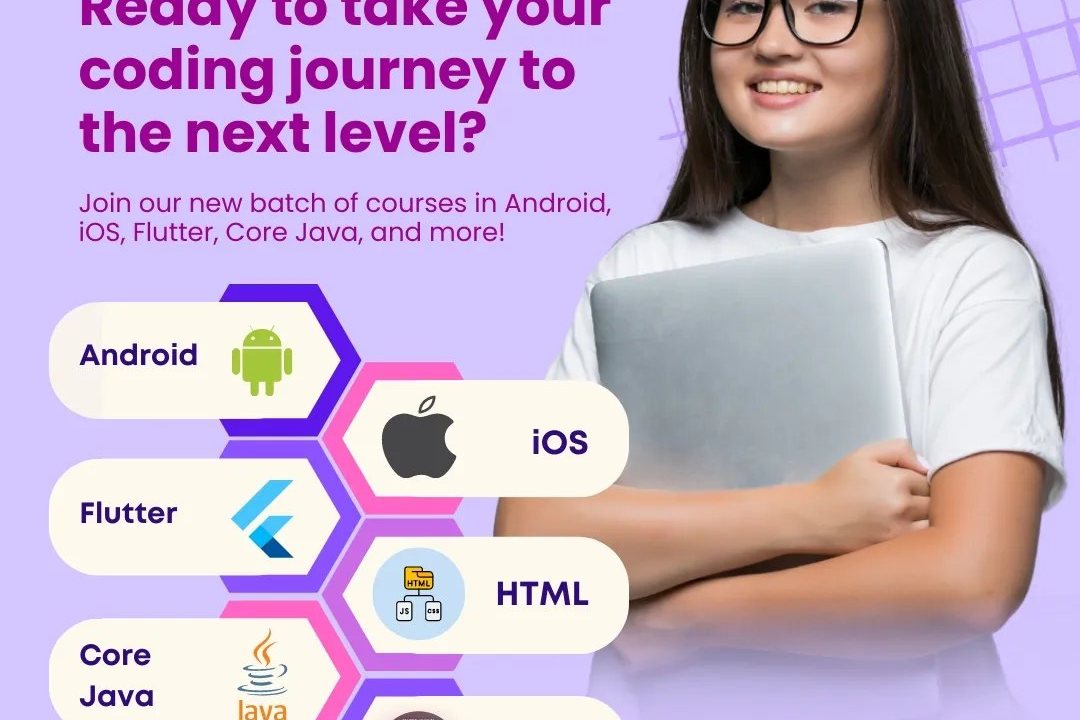cordova Program to Transfer Image to PHP Server
A Cordova program to transfer images to a PHP server allows developers to build mobile applications
cordova Program to Transfer Image to PHP Server
A Cordova program for transferring images to a PHP server is highly useful for mobile applications that require user-generated content, such as photo uploads or image sharing features. By leveraging Cordova’s Camera plugin, developers can easily capture images from the device’s camera or select them from the gallery. This functionality enhances user engagement, allowing users to interact with the app by sharing photos seamlessly. Once selected, the images are transmitted to a PHP server using HTTP requests, enabling efficient storage and management on the backend. This integration not only supports various applications, such as social media platforms, e-commerce sites, and collaborative tools but also facilitates real-time projects that require instant data processing and management.
To Download Our Brochure: https://www.justacademy.co/download-brochure-for-free
Message us for more information: +91 9987184296
A Cordova program for transferring images to a PHP server is highly useful for mobile applications that require user generated content, such as photo uploads or image sharing features. By leveraging Cordova’s Camera plugin, developers can easily capture images from the device’s camera or select them from the gallery. This functionality enhances user engagement, allowing users to interact with the app by sharing photos seamlessly. Once selected, the images are transmitted to a PHP server using HTTP requests, enabling efficient storage and management on the backend. This integration not only supports various applications, such as social media platforms, e commerce sites, and collaborative tools but also facilitates real time projects that require instant data processing and management.
Course Overview
The “Cordova Program to Transfer Images to PHP Server” course provides a comprehensive understanding of how to develop mobile applications that enable users to upload images directly from their devices to a PHP-based server. Participants will learn to implement the Cordova framework and utilize the Camera plugin to capture or select images, and subsequently create HTTP requests for seamless data transfer. Through practical, real-time projects, learners will gain hands-on experience with backend integration, ensuring effective image management and storage. This course is ideal for developers looking to enhance their skills in mobile app development and backend connectivity in a dynamic learning environment.
Course Description
The “Cordova Program to Transfer Images to PHP Server” course offers a hands-on learning experience where participants will master the process of building mobile applications using the Cordova framework. The course focuses on capturing images from device cameras or photo libraries and transferring them to a PHP server for storage and management. Through practical exercises and real-time projects, learners will gain essential skills in utilizing the Camera plugin, crafting HTTP requests, and integrating back-end technologies, making it an ideal choice for aspiring mobile developers seeking to enhance their technical expertise and deploy feature-rich applications.
Key Features
1 - Comprehensive Tool Coverage: Provides hands-on training with a range of industry-standard testing tools, including Selenium, JIRA, LoadRunner, and TestRail.
2) Practical Exercises: Features real-world exercises and case studies to apply tools in various testing scenarios.
3) Interactive Learning: Includes interactive sessions with industry experts for personalized feedback and guidance.
4) Detailed Tutorials: Offers extensive tutorials and documentation on tool functionalities and best practices.
5) Advanced Techniques: Covers both fundamental and advanced techniques for using testing tools effectively.
6) Data Visualization: Integrates tools for visualizing test metrics and results, enhancing data interpretation and decision-making.
7) Tool Integration: Teaches how to integrate testing tools into the software development lifecycle for streamlined workflows.
8) Project-Based Learning: Focuses on project-based learning to build practical skills and create a portfolio of completed tasks.
9) Career Support: Provides resources and support for applying learned skills to real-world job scenarios, including resume building and interview preparation.
10) Up-to-Date Content: Ensures that course materials reflect the latest industry standards and tool updates.
Benefits of taking our course
Functional Tools
1 - Apache Cordova: Apache Cordova is the foundational framework for the course, allowing developers to create mobile applications using HTML, CSS, and JavaScript. Leveraging Cordova enables students to build cross platform apps that can run on multiple devices, effectively bridging the gap between web and mobile development. Students will learn how to utilize Cordova APIs to access device features like the camera, storage, and network capabilities, making their applications more functional and engaging.
2) JavaScript: As the core programming language for web development, JavaScript plays a crucial role in the course. Students will use JavaScript to implement the logic necessary for transferring images from a mobile device to a PHP server. They will learn to manipulate the Document Object Model (DOM), handle events, and manage asynchronous operations, which are essential for creating responsive mobile applications.
3) HTML/CSS: HTML and CSS are fundamental technologies for building the user interface of the app. HTML structures the application’s content, while CSS is used for styling and layout. The course emphasizes the importance of creating aesthetically pleasing and user friendly interfaces, guiding students through the process of designing visually appealing layouts that enhance user experience.
4) PHP: PHP will be the server side scripting language used for handling image uploads. Students will learn how to create a PHP server that can receive and process images sent from the Cordova app. The course covers the basics of PHP, including file handling, data validation, and security measures to protect against common vulnerabilities like file injection attacks.
5) File Transfer Plugin: The Cordova File Transfer Plugin is an essential tool in this course, enabling students to easily transfer files, including images, to and from remote servers. Participants will learn how to integrate this plugin into their applications, making it simple to manage file uploads while dealing with issues like network connectivity and error handling.
6) Postman: Postman will be introduced as a valuable tool for testing APIs and HTTP requests. Students will utilize Postman to simulate image uploads and inspect server responses, allowing them to quickly debug any issues with their PHP server or application. Understanding how to use Postman will empower students to effectively test their implementations and ensure their applications function correctly before deployment.
7) Version Control Systems (e.g., Git): The course will also introduce students to version control systems, specifically Git. Knowing how to use Git enables developers to track changes in their code, collaborate with others, and manage different versions of their projects efficiently. Students will appreciate the importance of code management, especially when working on team projects or managing larger codebases.
8) Development Environment (e.g., Visual Studio Code): A robust code editor like Visual Studio Code will be recommended for coding and testing. Students will learn how to set up their development environment to ensure they have access to essential features such as code autocompletion, debugging tools, and integrated terminal functionalities, making their coding experience more productive and enjoyable.
9) Android and iOS Emulators: The course will discuss the use of emulators for testing applications on different platforms without needing physical devices. Students will practice deploying their applications on both Android and iOS emulators, gaining insights into platform specific functionality and behavior, ensuring their apps are adaptable across various mobile environments.
10) Database Management Systems (e.g., MySQL): For those interested in enhancing their skills, the course touches on database management for storing image metadata and user information. Students will learn about MySQL as a relational database system to support their PHP server, allowing them to create a robust backend capable of handling image related queries efficiently.
11 - Understanding RESTful APIs: The course will cover the principles of RESTful API design and architecture, providing students with a comprehensive understanding of how their mobile applications will communicate with the PHP server. Students will learn about HTTP methods (GET, POST, PUT, DELETE) and how to structure API endpoints, ensuring their app interacts effectively with backend services for image uploads and retrieval.
12) Image Processing Techniques: Students will explore basic image processing techniques that can be implemented within their mobile applications. This could include resizing images before upload to reduce file size, applying filters, or converting image formats. Understanding these techniques will enhance the functionality and performance of the application.
13) User Authentication and Authorization: The course will introduce concepts of user authentication and authorization, teaching students how to implement login and registration features. This is essential for apps that require users to manage their images securely. Students will learn about using sessions or tokens for maintaining secure user sessions.
14) Error Handling and Debugging: A critical skill for any developer is the ability to troubleshoot and fix errors. The course will emphasize best practices for error handling within both the Cordova app and the PHP server, including how to log errors and provide informative feedback to users. Students will learn how to debug their applications using tools and techniques to ensure a smooth user experience.
15) Responsive Design Principles: Understanding responsive design is key to developing applications that work well on various screen sizes. The course will teach students the principles of responsive web design using CSS techniques such as media queries, flexible grid systems, and viewport units to create mobile friendly user interfaces.
16) Security Best Practices: Students will learn about common security threats in mobile app development and how to mitigate them. Topics will include protecting against SQL injection, ensuring secure file uploads, using HTTPS for data transmission, and implementing proper input validation to maintain app integrity and user safety.
17) Deployment Strategies: The course will guide students through the process of deploying their applications to app stores (Google Play, Apple App Store) and the considerations involved. This will include packaging applications appropriately, complying with app store guidelines, and understanding the review process.
18) User Experience (UX) Design Fundamentals: Understanding the basics of UX design is crucial for creating applications that are not only functional but also enjoyable to use. The course will introduce students to UX principles, including user research methods, prototyping, and usability testing, helping them to create applications that meet user needs effectively.
19) Continuous Integration and Delivery (CI/CD): The course will provide an overview of CI/CD practices and tools, emphasizing the importance of automating the build, testing, and deployment processes. Students will learn how to set up a CI/CD pipeline, enabling them to release updates quickly and reliably.
20) Alternative Frameworks and Tools: To broaden students' horizons, the course will touch upon alternative frameworks and tools available for mobile app development, such as React Native and Flutter. This will provide students with a comparative understanding of different development environments and broaden their scope as developers, allowing them to make informed decisions on the best tools for their future projects.
21 - Performance Optimization Techniques: Performance is critical in mobile app development. The course will discuss techniques for optimizing app speed and efficiency, covering topics like minimizing resource usage, optimizing images, and leveraging caching strategies to improve overall user experience.
22) Community and Networking: Finally, the course will emphasize the importance of community and professional networking in the tech industry. Students will learn how to engage with developer communities, contribute to open source projects, and utilize platforms like GitHub for collaboration and knowledge sharing.
By covering these additional points, students will gain a well rounded education that equips them with the essential skills and knowledge to thrive in mobile application development, preparing them for real world challenges and projects.
Browse our course links : https://www.justacademy.co/all-courses
To Join our FREE DEMO Session:
This information is sourced from JustAcademy
Contact Info:
Roshan Chaturvedi
Message us on Whatsapp:
Email id: info@justacademy.co


